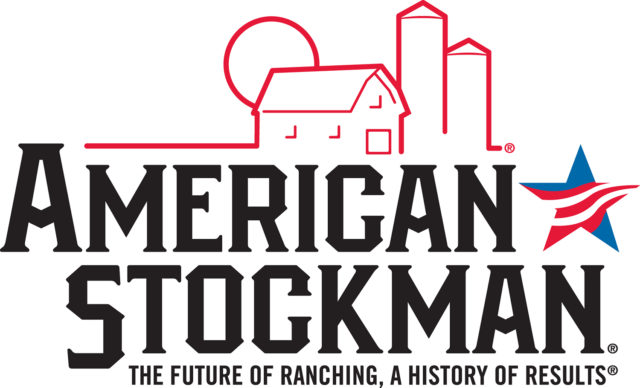As the field of cattle science progresses, we delve deeper into a previously unexplored domain: the ruminant gut microbiome. Each animal hosts a distinct set of organisms, many of which remain unknown in terms of their specific functions and interactions. Our ongoing research reveals that these microorganisms significantly influence their host’s health, performance and well-being through what is known as the “microbiome-gut-brain axis.” This axis encompasses a sophisticated network linking the gut, microbiome and brain, crucial for maintaining a healthy animal.
The microbiome-gut-brain axis
The role of the microbiome in health is no longer an obscure topic; it is now widely recognized as critical for digestion, absorption and immune function. Recent research has uncovered pathways through which the microbiome can communicate with the host’s brain via nervous signals, hormonal messages and immune system responses. Although the full extent of these interactions remains unknown, it is evident that they are extensive and significantly impact not only gut health but also animal cognition and behavior.
It all starts with rumen metabolites
Short-chain fatty acids (SCFAs) such as acetate, propionate and butyrate are key metabolites produced through rumen fermentation of complex carbohydrates. These SCFAs are vital, providing up to 75% of the total metabolizable energy (ME) for cattle. They also play a critical role in the microbiome-gut-brain axis by interacting with the gut, crossing the blood-brain barrier and influencing brain inflammation, mood, cognition and potentially the development of disorders in the central nervous system. Comparative studies in chickens suggest that a microbiome rich in SCFA-producing bacteria enhances growth, health and efficiency, indicating a strong link between a robust microbiome and improved animal performance.
The gut and serotonin
Serotonin, a crucial neurotransmitter, regulates mood and behavior in humans and animals. About 95% of the body’s serotonin is produced in the gut, heavily influenced by SCFAs. In human medicine, serotonin plays roles well beyond gut health, affecting mood disorders such as depression and critical physiological processes during pregnancy. The development of selective serotonin reuptake inhibitors (SSRIs), which enhance serotonin availability, demonstrates its importance in both human and veterinary medicine. Similarly, in cattle, gut-derived serotonin, modulated by SCFAs, may influence mood and health, impacting feed intake, social interactions, stress response and immune function – all of which are vital for optimal productivity in dairy and beef operations.
Conclusion
We stand on the brink of significant advancements in this field, with the potential to develop new feeding strategies that challenge traditional practices and enhance health and efficiency in livestock. Emphasizing the microbiome-gut-brain axis and considering the integration of probiotics and dietary adjustments are increasingly necessary. As societal pressures mount against the use of antibiotics and other pharmacological interventions, the focus on gut health becomes more crucial, presenting new ways to enhance animal health and performance through a better understanding of the microbiome. As we continue to explore this field, we face new challenges and opportunities to optimize the microbiome for maximum efficiency and productivity in our livestock.








